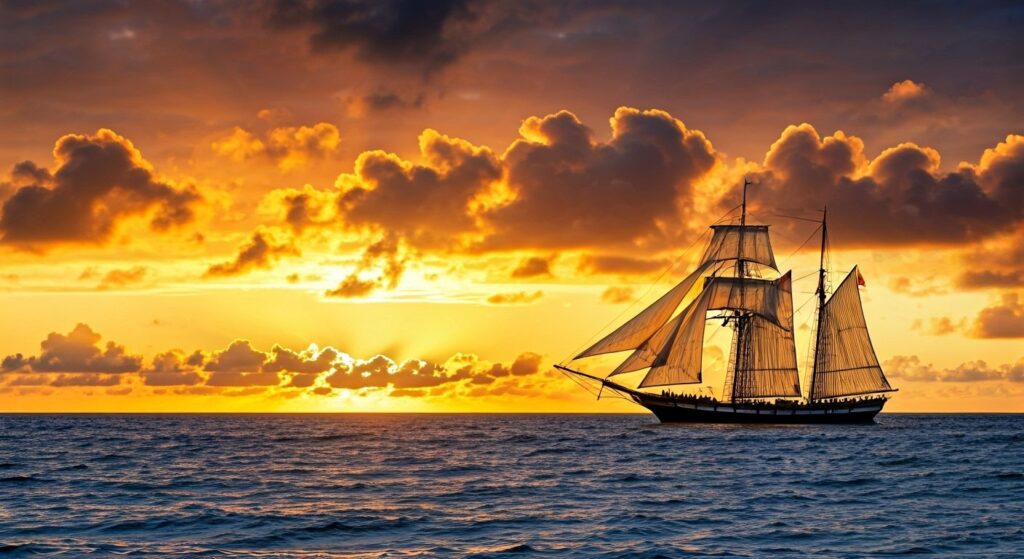When we think of Liberia’s founding, the image that often comes to mind is that of formerly enslaved Africans returning to their ancestral homeland. Yet, the creation of Africa’s first republic was not the work of freedmen alone. It was the result of a complex web of people—abolitionists, philanthropists, missionaries, and local leaders—whose convictions, contradictions, and courage intertwined to shape a new nation.
A Network of Unlikely Allies
The early 19th century was a time of moral awakening and political confusion in the United States. The question of what to do with freed African Americans divided even those who opposed slavery. Out of this tension emerged the American Colonization Society (ACS), formed in 1816. Its members were an odd coalition: Quakers who detested slavery, politicians who sought social balance, and enslavers who feared the growing number of free blacks in America.
To some, colonization represented a humanitarian mission—a way to give freed blacks a chance at self-rule. To others, it was a convenient way to remove them from American soil. This moral paradox is what makes the story of Liberia’s founding so deeply human—it was built on both noble intentions and self-serving interests.

White Philanthropists and Their Paradox
Among the white Americans involved in colonization, some figures genuinely believed in the potential of African Americans to thrive in Africa. They raised funds, secured ships, and negotiated with African leaders for land. Some, however, were former enslavers whose support was born from guilt or political expediency rather than equality.
Still, their efforts contributed to the establishment of the first settlement on the Pepper Coast (now Liberia) in the 1820s. This uneasy alliance between benefactors and beneficiaries would continue to shape Liberia’s political and cultural evolution for decades to come.
African American Visionaries: Building Their Own Destiny
The freed African Americans who took part in this great migration were not passive passengers—they were the architects of their own freedom. Among them were ministers, teachers, artisans, and families who refused to accept a life of dependency or second-class citizenship.
Figures like Lott Carey, a formerly enslaved person turned Baptist missionary, and Elijah Johnson, a resolute leader among the settlers, played crucial roles in establishing governance and order in the fledgling colony. They believed that Liberia should not be a mere outpost of American benevolence but a self-governing African republic.
Their vision went beyond mere survival. They built churches, schools, and courts, striving to create a moral and political foundation that mirrored their ideals of equality, faith, and education. They knew that their success—or failure—would define how the world perceived the capacity of African people for self-rule.
The Indigenous Perspective: Friends, Foes, and Fellow Founders
Often overlooked in historical accounts are the native peoples who inhabited the land long before the settlers’ arrival. The Dei, Bassa, Vai, and Kru tribes were sophisticated societies with their own leadership structures, trade systems, and spiritual traditions.
The arrival of freedmen from America disrupted this balance. Misunderstandings, cultural clashes, and land disputes were inevitable. Yet, there were also moments of alliance and mutual support. Indigenous chiefs provided land, supplies, and guidance in exchange for trade and protection. Some even intermarried with settlers, creating early bridges of kinship and cooperation.
Without the involvement—both cooperative and resistant—of native Africans, the Liberian project might never have endured. Their role, though less documented, is essential to the nation’s founding story.
Moral Complexity and Shared Legacy
What makes Liberia’s history so compelling is its moral complexity. The settlers, though freed from bondage, sometimes adopted attitudes of superiority toward indigenous Africans, replicating the social hierarchies they had escaped. Meanwhile, the white philanthropists who supported them grappled with their own contradictions—fighting slavery while sustaining a form of separation.
Yet, within these imperfections lies the real beauty of Liberia’s origin story. It was a human endeavor—flawed, courageous, and visionary. It reminds us that history is rarely pure; it is shaped by the choices and compromises of people trying to do what they believe is right.
Honoring the Forgotten Figures
Today, as we reflect on 200 years since the settlers’ arrival, we must remember those whose names may never appear in textbooks—the black women who nursed the sick during the Atlantic voyage, the native traders who supplied food when famine struck, and the missionaries who taught reading under the shade of palm trees.
Each of them, in their own quiet way, contributed to the survival of a people and the birth of a nation. Their stories, woven together, form the tapestry of Liberia’s identity.
Conclusion: The Power of Collective Courage
Liberia was not founded by heroes in isolation but by a network of dreamers bound by a shared longing for freedom. Their collective courage transcended color, continent, and creed.
In Coming to Africa: Historical Figures in the Founding of Liberia, Gbitee Doyen Gbitee brings their stories to life—not as legends, but as real men and women who turned hope into history. By uncovering their forgotten voices, we rediscover our own capacity for resilience, compassion, and transformation.
